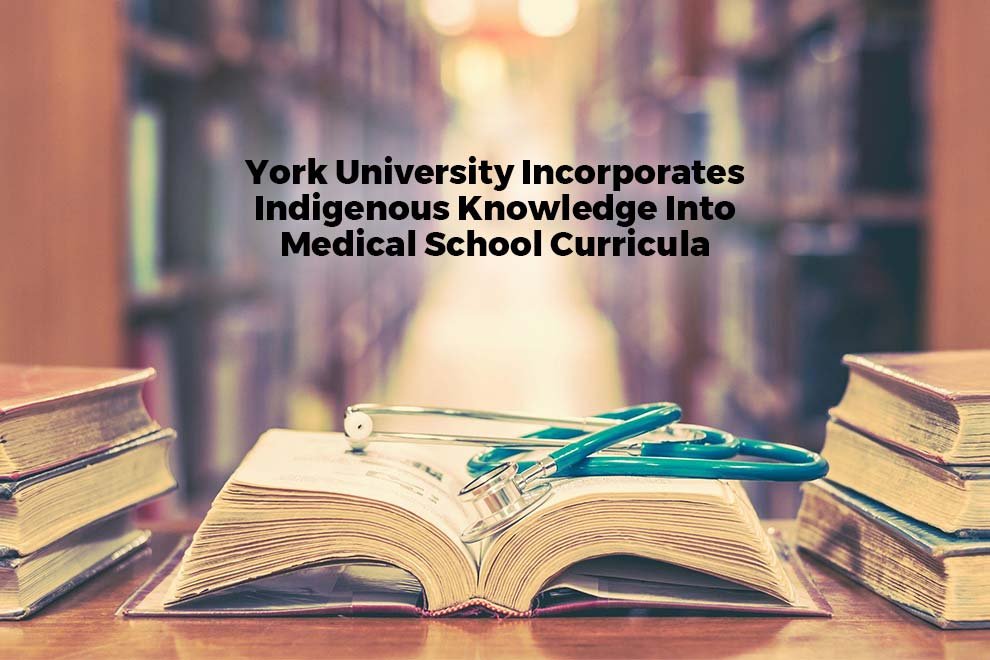York University and the Indigenous Primary Health Care Council (IPHCC) have formalized a partnership aimed at advancing Indigenous health initiatives. The agreement, signed at York’s Keele Campus, signifies a collaborative effort to address the long-standing effects of colonial practices on Indigenous communities’ health and to promote Indigenous representation in governance and decision-making.
Rhonda Lenton, president and vice-chancellor of York University, emphasized the institution’s commitment to reconciliation. “It is a privilege to be signing this agreement on behalf of York University reflecting the commitments we have made in our Decolonization, Equity, Diversity and Inclusion Strategy to advance calls for action toward truth and reconciliation,” Lenton stated.
The partnership will focus on integrating Indigenous and Western knowledge systems—a concept known as two-eyed seeing—to enhance community well-being. Caroline Lidstone-Jones, CEO of IPHCC and York alumna, spoke about the importance of Indigenous leadership in health initiatives.
“Today marks an important step in reaffirming our commitment to ensuring that Indigenous voices lead the conversation when it comes to Indigenous health,” she said. “By formalizing this relationship with York University, we are creating a pathway for collaboration that respects and honours the knowledge and traditions of First Nations, Inuit, and Métis Peoples.”
This agreement aligns with York University’s expansion in health education and research, particularly with the forthcoming School of Medicine. The new school aims to provide community-centred, patient-focused care, addressing healthcare disparities in northern Toronto, York Region, Simcoe County, the District of Muskoka, and surrounding rural areas. The collaboration is designed to equip future healthcare professionals with the skills to work within diverse, interdisciplinary teams and improve equitable access to healthcare.
Joint initiatives outlined in the agreement include:
- Incorporating IPHCC insights into York’s medical curriculum to integrate traditional Indigenous knowledge.
- Offering student and postgraduate placements within Indigenous primary healthcare organizations.
- Facilitating student engagement in Indigenous cultural events and community activities.
- Exploring joint community-driven research projects to advance the Truth and Reconciliation Commission’s calls to action.
David Peters, dean of the Faculty of Health at York University, described the agreement as a foundational step in supporting Indigenous health priorities and preparing for the launch of the School of Medicine. “This agreement is an important milestone that signals the beginning of a journey to advance Indigenous health priorities through a reciprocal relationship between IPHCC and York University, and also marks the first formal steps we are taking in the preparations for the new School of Medicine,” Peters remarked.
This partnership reflects York University’s commitment to fostering inclusive, culturally sensitive healthcare education and services, with the goal of creating lasting improvements in Indigenous health outcomes for current and future generations.
Also Read: How To Make Medical School Applications Stress Free










